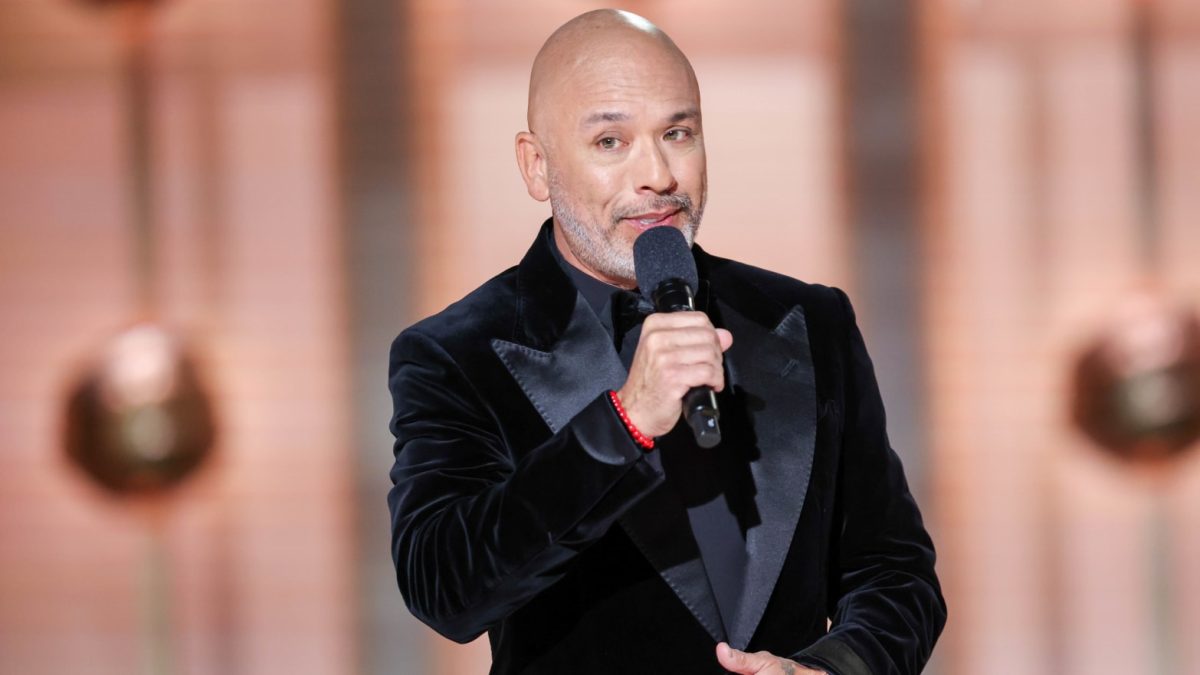Since the Johnson administration, Affirmative Action policy has been legalized in the United States to favor minorities. After the Civil Rights Acts of 1964 and 1965 were passed, many cases came across the desks of the supreme court justices that have once more come under scrutiny. Previously, all affirmative action cases were viewed under the lens of individual rights guaranteed by the fourteenth amendment to the Constitution. However, early this year (and in late 2022), the previous affirmative action cases regarding higher education and admittance were reassessed- leading to the ruling that affirmative action in collegiate admissions is unconstitutional.
When the courts examined the admission policy at some of the proudest and most long-standing collegiate institutions in the country, it was observed that race is a contributing factor in admissions in almost every case. Primarily, this is to prevent a “dramatic drop-off” in minority acceptance to these universities.
The general thought process behind this practice can be summarized by applying the idea that minorities have for generations been discriminated against in the admission system and are therefore being compensated in recent years. Furthermore, these policies are often considered justified in that the percentages per racial or ethnic group admitted are much more proportional so as to create a more equitable starting point in life for individuals of all racial or ethnic backgrounds.
As of June 29th of this year however, these ideals being represented in collegiate admissions have been deemed unconstitutional. Simply put: racial and ethnic background can no longer be taken into account when admitting students into a university, however there is little to no way to enforce this ruling- leaving only the precedent as capable of impacting policy.
Disclaimer: This is an opinion piece based on historical data from one or two sources. It is our belief that writing on controversial topics can never be entirely impartial, thus it is suggested to readers that reading of this article along with our other on the same subject will lead to the most comprehensive understanding.
Works Cited
“Supreme Court Disclosures Reveal More Luxury Travel from Private Interests.” OpenSecrets News, 7 July 2023, www.opensecrets.org/news/2023/07/supreme-court-disclosures-reveal-more-luxury-travel-from-private-interests/. Accessed 9 Nov. 2023.
Supreme Court of the United States, www.supremecourt.gov/opinions/22pdf/20-1199_hgdj.pdf. Accessed 29 Aug. 2023.
Sherman, Mark. “Divided Supreme Court Outlaws Affirmative Action in College Admissions, Says Race Can’t Be Used.” AP News, AP News, 29 June 2023, apnews.com/article/supreme-court-affirmative-action-college-race-f83d6318017ec9b9029b12ee2256e744.
“Affirmative Action Policies throughout History.” AAAED, www.aaaed.org/aaaed/History_of_Affirmative_Action.asp. Accessed 28 Aug. 2023.









